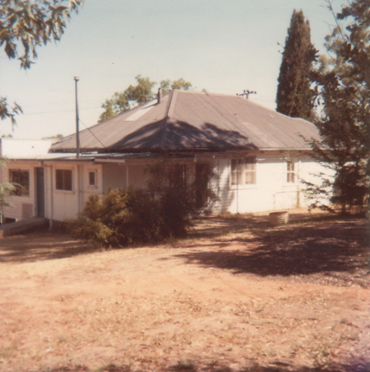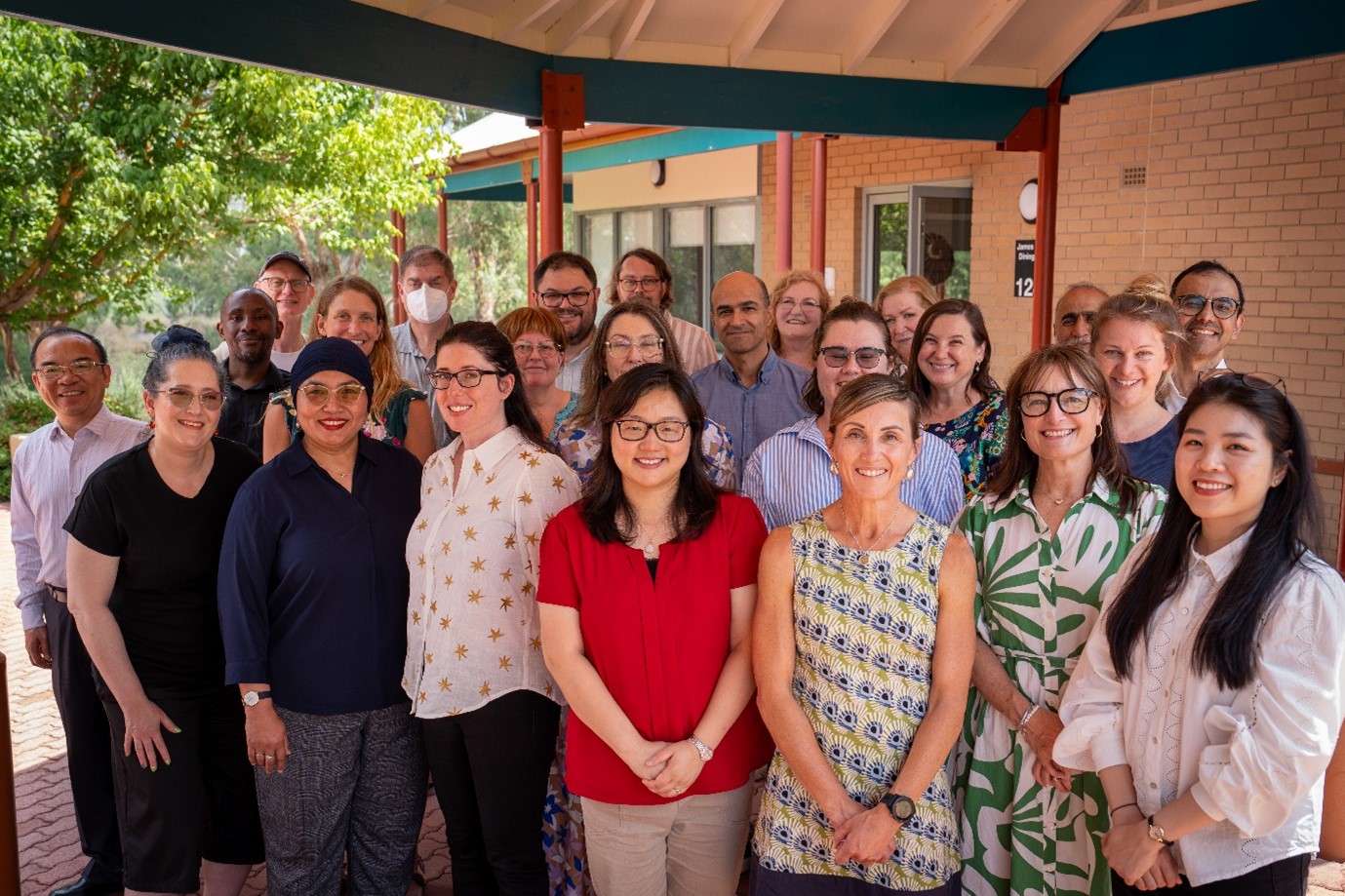School of Information and Communication Studies
Back to Faculty
This year, the School of Information and Communication Studies celebrates 50 years of Library and Information Science (LIS) education at Charles Sturt University and its predecessor institutions: the Riverina-Murray Institute of Higher Education and, before that, the Riverina College of Advanced Education.
Beginning with an initial intake of around 30 librarianship students in 1975, enrolments grew to over 1,800 by 2024, spanning fields such as librarianship, records and archives management, information architecture, data management, and teacher-librarianship. This growth has established the school as Australia's leading provider of library and information education and one of the largest globally. The school has also distinguished itself as a specialist in distance education (now online learning), offering all its LIS courses exclusively in this mode, accredited by the Australian Library and Information Association, Records and Information Management Professionals Australasia, and the Australian Society of Archivists.
The Department of Library and Information Science at Riverina College of Advanced Education was established in 1974, with Edward Reid-Smith as the foundation Principal Lecturer. The Diploma of Arts (Library and Information Science) was introduced between 1975 and 1977, supported by four key academic staff members: Edward Reid-Smith, Oliver Mann, Brian R. Howes, and Digby Hartridge.
The Bachelor of Arts (Library and Information Science) was then introduced in 1978, with Syd Davis as its first course coordinator. That same year, Brian D. Plummer was awarded the first Diploma of Arts (Library and Information Science).
In 1982, the Riverina College of Advanced Education introduced the Graduate Diploma of School Librarianship, superseded in 1988 by the Graduate Diploma of Teacher-Librarianship. In her 1983 article 'School Librarianship at Riverina College,' published in ORANA, Anne Clyde noted that students enrolled in the course attended two residential schools at the Wagga Wagga campus, participated in a study visit to Sydney, and completed an individual project to explore a specific aspect of school librarianship in depth. Interestingly, many of these components remain part of the curriculum today, though taught in different ways and contexts.

Photo: Brian Howes
Brian Howes, one of the first four staff members, photographed the Hut, Department of Library and Information Science, in July 1976.
In addition to these components, the then School of Information Studies partnered with the University of Hong Kong's School of Professional and Continuing Education (HKU SPACE) in 1989 to offer LIS courses to Hong Kong students, an arrangement that continues to this day, with HKU SPACE providing local tutorial support for the School’s LIS courses to supplement their online delivery. The program aligns with Charles Sturt’s International Strategy, which encourages innovations in delivery mode and program/discipline diversification.
In 2007, the School of Information Studies transitioned from the Faculty of Science and Agriculture to the Faculty of Education. The following year, Philip Hider became Head of School and served in this role until 2023.
There was a significant restructuring of the main LIS curricula in 2010, with the establishment of an ‘information’ core to support various specialisations, for the new Bachelor and Master of Information Studies. One of these specialisations, taught for the first time at Charles Sturt University, focused on records and archives management. The late Sigrid McCausland spearheaded this initiative by leading the development of its units. This initiative positioned Charles Sturt as one of the few institutions in Australia covering this field.
In 2021, Communication academics from the dissolved School of Communication and Creative Industries joined the School of Information Studies to establish the School of Information and Communication Studies. It currently comprises 27 permanent staff members, along with a large number of adjunct and casual academics, who teach and conduct research across diverse LIS and communication areas, while supervising a substantial cohort of PhD students. The Information Studies discipline encompasses librarianship, archival studies, data management, information and knowledge management, and other related information fields, while the Communication discipline focuses on the news and media industry and strategic communication.
As the nation’s largest LIS school and a member of the international network of iSchools, we are both privileged and responsible for equipping our students with the knowledge, skills, and capabilities needed to thrive in a rapidly changing digital era. We strive to nurture future leaders in the library and information professions by fostering critical thinking, problem-solving, and a commitment to lifelong learning. Ongoing upskilling and reskilling of professionals are essential for maintaining the profession's relevance in the face of constant change. This involves integrating emerging technologies into curriculum development and reinforcing fundamental LIS values such as access to information, information integrity, and information ethics. Furthermore, we are committed to delivering the economic, social, and cultural value of LIS education and research to a wide range of stakeholders and communities.
The school’s 50 Years and Beyond Working Group is organising special industry, student, and alumni events in 2025 as we celebrate. These include a special issue on LIS education in the Journal of the Australian Library and Information Association, a distinguished public lecture series, the RAILS 2025 Conference—the Australasian Conference on Library and Information Science—at the CSU Sydney Campus, and an online Public Library Conference hosted by the Libraries Research Group. We warmly invite all alumni, current students, and colleagues connected to the school to join these celebrations. You can also connect with us on Facebook, Instagram, LinkedIn, or via email for a virtual reunion! We would love to hear from you!

Photo: The School of Information and Communication Studies Retreat, January 2024, Bathurst, New South Wales.